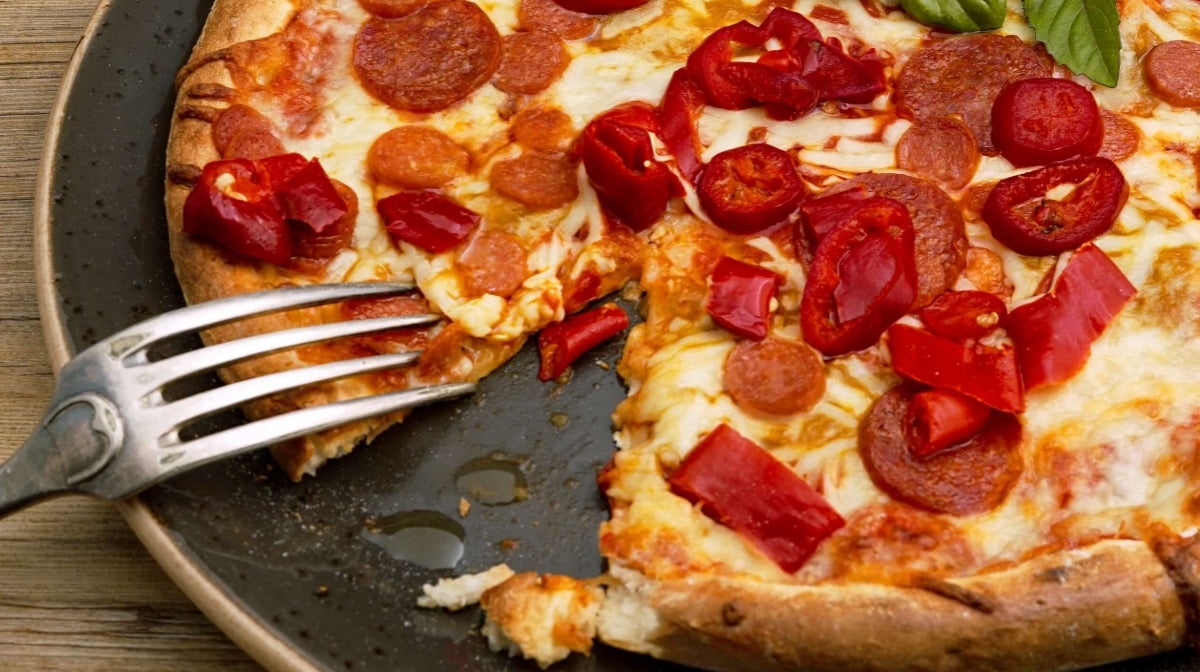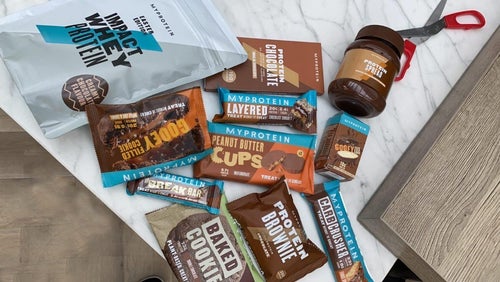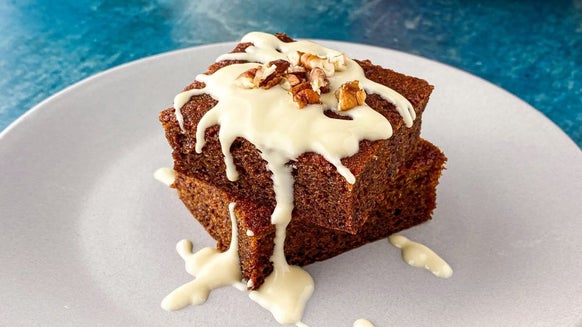
Ever wondered why you can’t stop yourself from having just a little more of that chocolate cake, or a few more chips? Scientists at the UNC School of Medicine in the US think they’ve got the answers.
Their lab experiments have discovered a specific network of cellular communication in one particular part of the brain that encourages the lab mice to keep eating really tasty food, even though they’ve had more than they need.
This circuit found in mammalian brains might explain why we can’t stop ourselves from scraping that tub of ice cream clean. The theory is that this circuit is a by-product of evolution, when calorie-rich foods were far less common, so our brains are programmed to make the most of every ounce of calorie-rich food in case the next super-meal was a while away.
Basically, our brains have evolved to recognise calorie-rich food as absolutely delicious and drive us to binge on it, as storing extra energy would be crucial survival advantage for times when food was scarce.
Thomas Kash, PhD, and John R. Andrews Distinguished Professor in the Department of Pharmacology who led the lab experiments said, “This circuit seems to be the brain's way of telling you that if something tastes really good, then it's worth whatever price you're paying to get to it, so don't stop."

What does this mean for the modern-day human?
Well, if you find yourself constantly gorging on calorie-rich foods, then it might not simply be down to a lack of will power. Nowadays, the tables have turned and we live in a world where there’s more food available than we can fit between our greedy lips.
With 61% of adults in England being classified as overweight or obese, we can start to see that this overindulging characteristic is less necessary.1 The good news is that scientists are now looking into a way of switching off this “hedonic” feeding — the eating of calorie-rich food that’s driven by pleasure, far beyond energy needs.
"There's just so much calorically dense food available all the time now, and we haven't yet lost this wiring that influences us to eat as much food as possible," Kash explains.
What’s next?
Scientists are now looking into a small protein that they think could be involved in hedonic feeding. Nociceptin works as a signalling molecule in the nervous system — and Kash’s lab, as well as other groups, have found that while blocking this protein doesn’t stop lab rats and mice eating for energy, it does stop them from binging on the calorie-rich foods.
Now that they’ve found the signalling molecule, the next step was to make the treatment more targeted. They’ve now identified the circuit in the brain by engineering mice to produce a fluorescent molecule along with nociceptin. This means that the cells in the brain that drive nociceptin circuits are lit up.
One of these circuits in particular became active every time the mice were given calorie-rich food. The circuit starts in the emotion-processing area of the brain — the central amygdala — as well as other parts including those that regulate feeding.
When scientists deleted about half of the neurons making nociceptin in this particular circuit, the mice stopped binging, but still took in enough food to maintain normal energy levels.

Kash explained, "Scientists have studied the amygdala for a long time, and they've linked it to pain and anxiety and fear, but our findings here highlight that it does other things too, like regulate pathological eating."
There’s still a way to go before this treatment for overeating is used by your doctors, but the next steps include looking in more detail at how this circuit works, as well as how neurons work to categorise food as good, bad, tasty, and disgusting. This information could then potentially be used to look into treatments for obesity and binge-eating.
Our worry is, would you enjoy chowing down quite as much? Don't know about you, but there's nothing better than the happiness a cheat day brings!

12 Healthy Snack Alternatives To Satisfy Every Craving
Can’t kick those chocolate cravings? We got you....

1 https://researchbriefings.files.parliament.uk/documents/SN03336/SN03336.pdf
2 Hardaway, J. A., Halladay, L. R., Mazzone, C. M., Pati, D., Bloodgood, D. W., Kim, M., … & Erfani, A. (2019). Central Amygdala Prepronociceptin-Expressing Neurons Mediate Palatable Food Consumption and Reward. Neuron.







